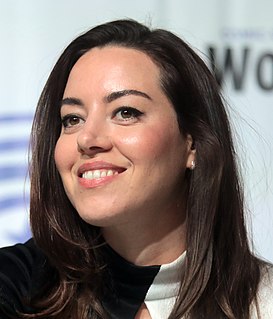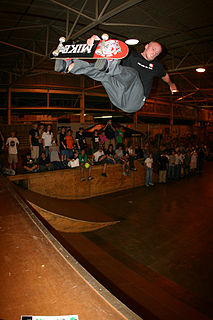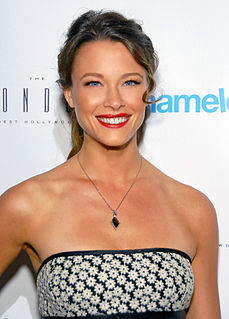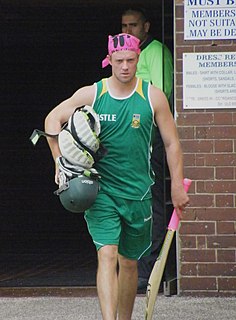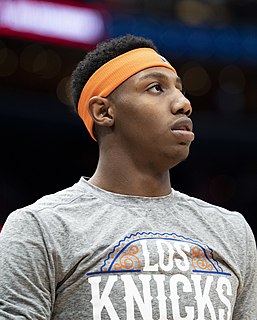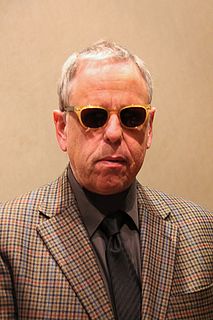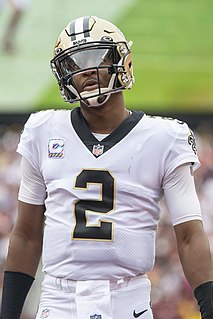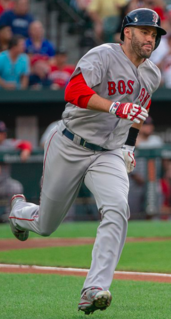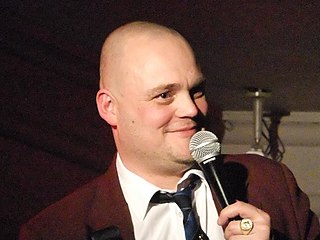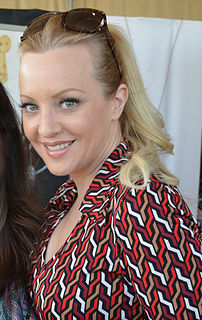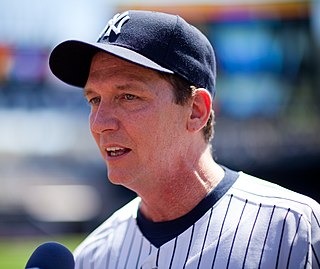A Quote by Aubrey Plaza
I'm UCB trained - I came up learning about game, which is a really big part of the Upright Citizens Brigade theater. They teach you about game, and game in a scene is what makes the scene funny. And oftentimes, it's the character - this is really improv dorky stuff.
Related Quotes
I've trained primarily in Meisner Technique, and I've done a little bit of Groundlings and Upright Citizens Brigade just to get my feet wet in the improv world because I think that's really important. But most of the teachers I've worked with, I've gotten, like, references through agents or managers, and they're sort of independent.
have a much harder time writing stories than novels. I need the expansiveness of a novel and the propulsive energy it provides. When I think about scene - and when I teach scene writing - I'm thinking about questions. What questions are raised by a scene? What questions are answered? What questions persist from scene to scene to scene?
We are all part of a universal game. Returning to our essence while living in the world is the object of the game. The earth is the game board, and we are the pieces on the board. We move around and around until we remember who we really are, and then we can be taken off the board. At that point, we are no longer the game-piece, but the player; we've won the game.
It's easy to sit there in the dugout when the game's going on and talk, chitchat about this and that. But I think paying attention, watching the pitcher, watching the game develop, putting yourself in situations you're not even in yet, anticipating the game, stuff like that, I think that really helps you take that extra step.
If I can't practice, I can't practice. It is as simple as that. I ain't about that at all. It's easy to sum it up if you're just talking about practice. We're sitting here, and I'm supposed to be the franchise player, and we're talking about practice. I mean listen, we're sitting here talking about practice, not a game, not a game, not a game, but we're talking about practice. Not the game that I go out there and die for and play every game like it's my last, but we're talking about practice man. How silly is that?
I really gave up being passionate about politics 10, 15, 20 years ago, because I think finally that there were forces in the country that are larger than politics itself. And so I find it a fascinating game, this wonderful stuff goes on in terms of watching the game. But If you get to down it, look, I`m going to root for someone, I`ll root at a football game, not for politicians.
I'm a natural born show off. I love performing, and at school we had a really good music scene and an even better drama scene. When I got to university, I played in bands and did sketch stuff and it was always about coming up with material, which is why I never really practised and have no chops!! When I left uni, I carried on playing and trying out at stand-up.
Improv is more than just spitting out a bunch of funny stuff that's unrelated to the material. You have to stay in character, you have to react and respond as the character you're trying to play. You have to service the story, and I think improv training has helped with my listening, responding, and my audition technique. It's sounds so silly, but it's true. Because not only do you improvise during the audition, but once you get the part, they'll say, "Throw away everything. Just improv this scene. Do whatever you want." Someone could panic if they're not used to doing something like that.
I've always noticed how the Fenway fans get behind the pitcher, especially late in the game if you're having a good game, or if you have two strikes on a hitter, they really start to chant and anticipate a strikeout. And that's the best part about playing in Boston and at Fenway. There are knowledgeable fans who anticipate the flow of the game and they can really help out the pitcher.
